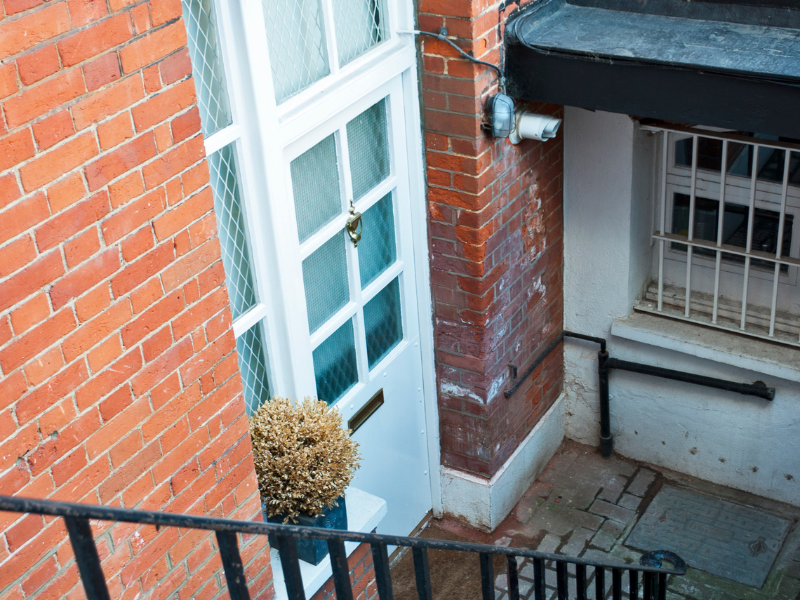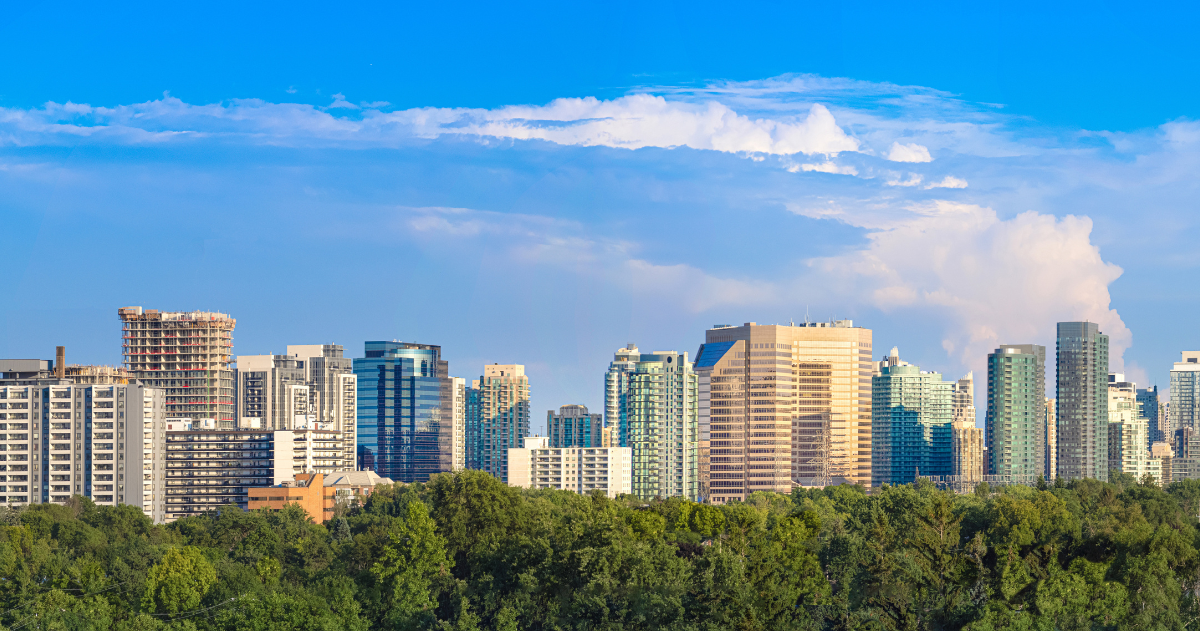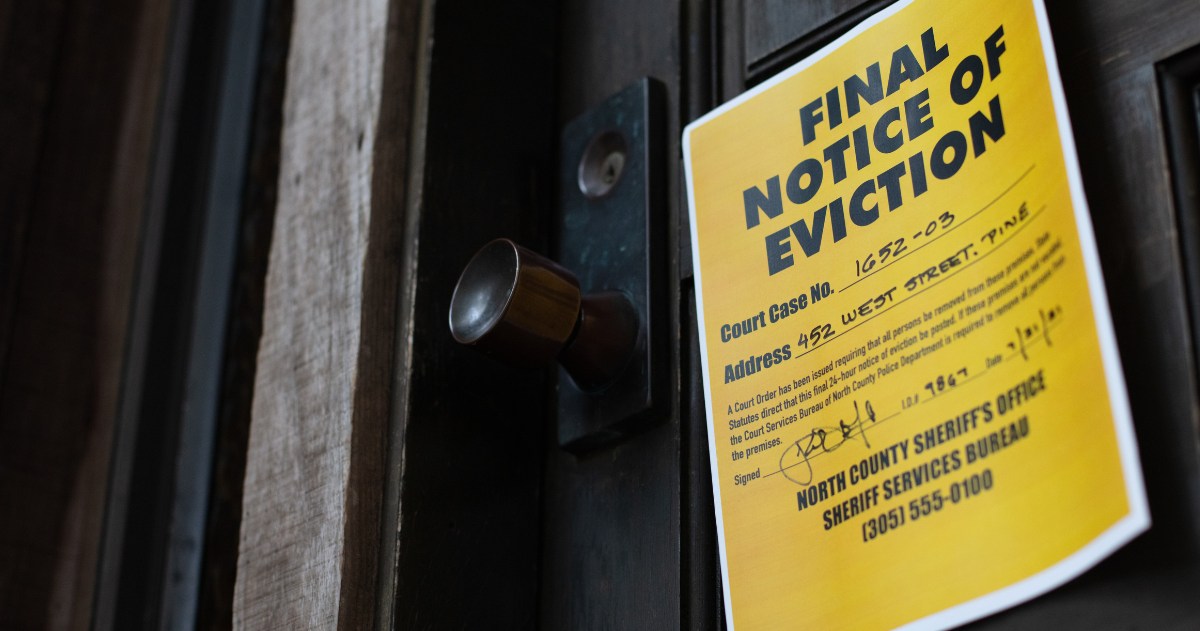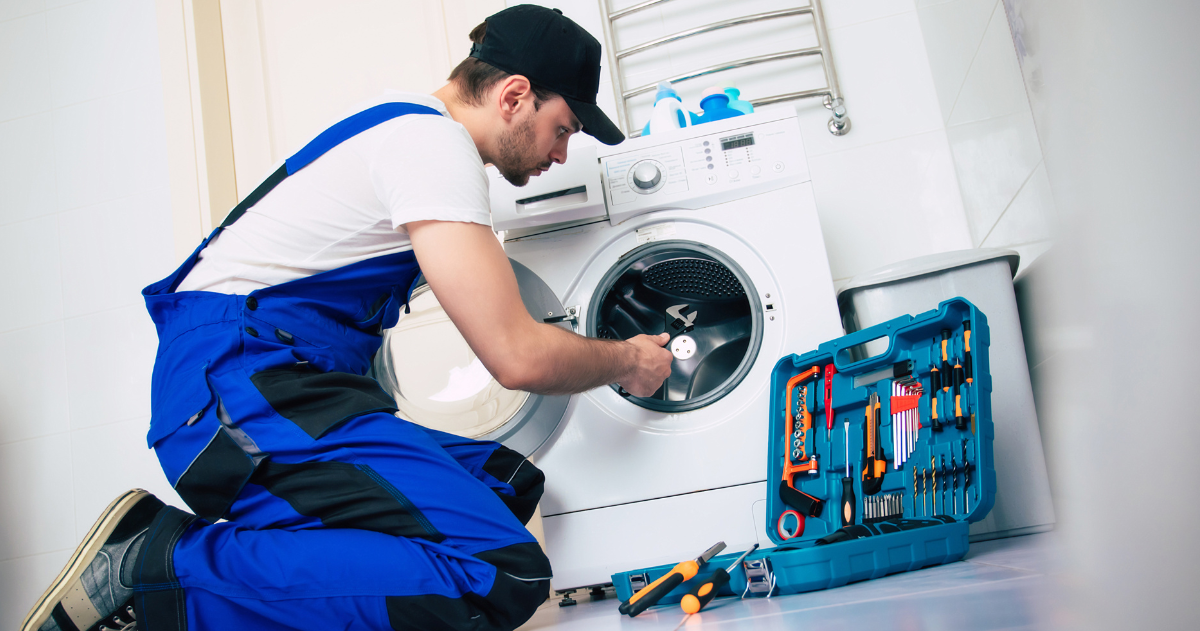Becoming a landlord can sometimes feel like stepping into a regulatory minefield. It’s not enough to have a well-situated, well-maintained apartment – your property also has to meet certain building standards and codes. Overlooking these crucial details could mean extensive renovations, losing tenants, or even incurring fines.
What regulations do Toronto landlords need to know?
When it comes to illegal units in Toronto, the most common offenders are basement apartments. As with all rental units, these must comply with the Property Standards Bylaw which deals with common concerns such as air conditioning, ventilation, exits and other issues.
Under the Bylaw, basement apartments must have:
- Adequate ventilation – every ventilation unit or system must be regularly cleaned and kept in good working order
- Sufficient height – units must be a minimum height of 1.95 metres over at least half of the floor area
- Clear exits – all passageways, entrances and exits have to be ‘free from hazardous conditions and obstructions’. This includes making sure they are well-lit
While many of the property standards outlined in the Bylaw are common sense provisions such as making sure there are washroom facilities, keeping the unit clean, and providing hot water, there are some provisions landlords can easily overlook – especially those relating to fire safety.
Fire safety concerns
The Ontario Fire Code sets out a landlord’s responsibilities for keeping tenants safe. All units must have a working smoke alarm and one carbon monoxide alarm per sleeping unit in all buildings with residential occupancy and a fuel-burning appliance, a fireplace, or a storage garage.
Landlords must also have a fire safety plan so tenants know exactly what to do in an emergency. This must outline the location of fire extinguishers, exits and evacuation routes – which should be kept clear of hazards at all times.
The Fire Code is very strictly enforced and the penalties for violations are steep with fines of up to $50,000 and/or a year’s imprisonment.
Be proactive
The best way to avoid fines and ensure your unit is legal is to be prepared and proactive.
Make sure your unit is up to code before renting it out, rather than waiting for your tenant to bring issues to your attention. In today’s highly competitive rental market, most tenants will overlook a low ceiling or a blocked exit rather than start the search for accommodation all over again, but that’s not doing you any favours as it’ll just mean repairs or renovations down the road. If you’re looking to fix items in order of priority, ensuring that a basement apartment has an alternative exit is the most important as it relates to the fire code, and an inspector will generally flag this first.
I’s no defence that the tenant moved in knowing of the issues. Under the Residential Tenancies Act (RTA), landlords are required to ‘obey all health, safety, housing and maintenance standards, as set out in any provincial laws or municipal by laws…even if the tenant was aware of the problems when they agreed to rent the unit.’
Landlords should also be aware that their basement apartment might not actually fall under the RTA. If you’re renting a unit but sharing a kitchen and/or a bathroom with your tenants, the RTA doesn’t apply.
Stay ahead of your legal responsibilities with the expert property management team at Highgate. We’ve helped hundreds of landlords across the GTA with all aspects of renting – from tenant screening and vetting, to maintenance and rent collection. Our experienced real estate professionals can help you meet your obligations under the RTA, guide you through any disputes if they arise, and make recommendations as to what to fix in order to bring your rental unit up to code in order of importance.
Contact our team today to see how we can help you make the most out of your rental property investment.





